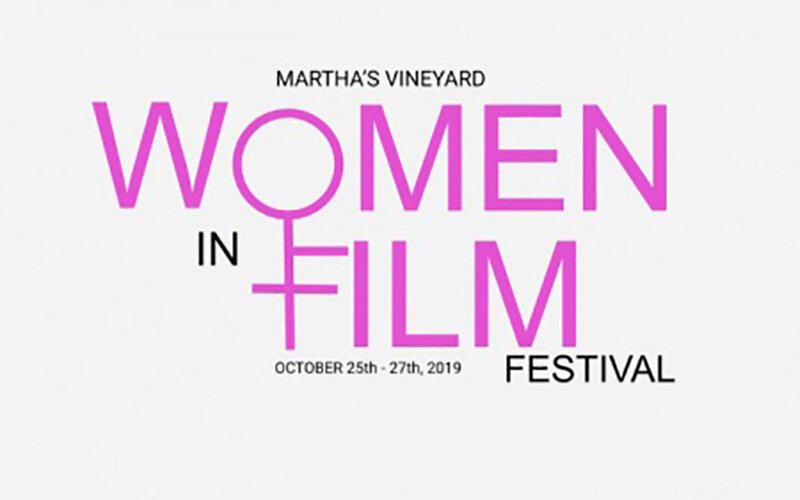Tribeca 2020 Documentary Shorts
Written By: Margaux Fortier
Akashinga: The Brave Ones
Photo Courtesy of Tribeca Film Festival
Akashinga is a stunning documentary short by National Georgraphic Productions of bravery and sisterhood. Established in Zimbabwe, Akashinga is an all female conservation army, who trains disadvantaged women of their community to stop the poaching of elephants and other animals. Director Maria Wilhelm transports the audience to a world of survival, resilience, and the power of women warriors.
Photo Courtesy of Tribeca Film Festival
The key elements of an Akashinga recruit is character and spirit. As long as the recruits have those qualities, the physicality and fighting skill can be learned through training. These women, though they are strong of spirit, have faced harsh struggles in life while wanting to make changes and make a difference. Beginning as a small initiative, hundreds of recruits have gathered in hopes that this experience will change their lives for the better. These women are the only thing standing in the way of the extinction of elephants in Zimbabwe and their work can empower other communities to do the same.
What drives these women more than anything else is their fierce instinct to protect. They must protect their environment, protect one another and protect themselves. Like the lionesses of the pride, these women are banded together and ready to fight off the poachers that are threatening their home.
Gloves Off
Photo Courtesy of Tribeca Film Festival
Police officer by day and boxer by night, Gloves Off follows Tiara Brown through her life in two male-dominated and underrepresented worlds. As a former Team USA boxer, Tiara has won matches again and again but never got the recognition that her talent deserved. Though she has an undefeated record, she has always been pushed aside based on her appearance.
Photo Courtesy of Tribeca Film Festival
On the other side of her life, her career as a police officer brings her to a tough district in Washington DC. In the neighborhoods of this district, there is a lot of crime and distrust of the police. Experiencing tragedy in her own family where she felt that the justice of law enforcement failed, Tiara has been asked why she continues to work as a police officer when she has such a natural talent for boxing. The simple answer is that both boxing and police work feeds her soul for bringing about change.
Tiara Brown is trying day by day to change things for little girls who look like her and she is trying to change the attention from race to talent. She is still chasing that World Title but training after every police shift, she is well on her way to becoming the change that she wants to see in the world. The all female crew behind the scenes, headed by co-directors Ugonna Okpalaoka and Nadine Natour, paint a powerful portrait about the merging of recognition and responsibility to make change.
Tangled Roots
Photo Courtesy of Tribeca Film Festival
Though hair may not come to mind when the idea of societal changes are discussed, many people all over the country are negatively affected by rules against the way their hair looks. Natural or cultural hairstyles are discriminated against in educational and professional environments and people are taking notice of how negative these effects can be. One person who is fighting against this long standing problem is Representative Attica Scott of Louisville, Kentucky.
Photo Courtesy of Tribeca Film Festival
As the only 21st century black female representative in Kentucky, Attica Scott is speaking up in ways that others in her state wouldn’t think to do. Starting with her daughter bringing up rules in her school handbook against natural and cultural hairstyles, Attica began to work to demonstrate how common these rules are throughout the country. Hair discrimination is the deeming of certain hairstyles as unprofessional throughout businesses and schools and it can be seen in many areas of work. These rules can remove students from class, limiting their ability to receive education, and they can remove employees from work, leading to loss of income or termination.
Attica has worked to write a bill that would fight hair discrimination, as it removes cultural identity from those it effects, but the bill failed when brought to the floor of the legislature. However, this is just the beginning for the change that this is going to bring about, as businesses and schools are starting to add anti-hair discrimination language to their policies and “Crown Acts” are being brought forward all over the country. First time director, Samantha Knowles, has been waiting for the right moment to make this documentary and the work that she has done with Attica Scott is eye-opening and impactful for our changing world.










